Courses Infomation
Richard Bolstad – The NLP Tarot Adept
Richard Bolstad – The NLP Tarot Adept
**More information:
Would you like to get practical tools for using NLP with yourself and your family or friends in everyday situations? Have you at some time been fascinated with magic, fortune telling and secret ancient spiritual teachings, but unable to integrate them with the practical world you live in on a day-to-day basis? You will not need to convert to a religion, or to believe in things that cannot be explained. And yet, after this training you will be able to …
Use the NLP Tarot deck for games of chance, for divination and as a guide to personal transformation.
Experience divination as a methodology for accessing trance states and creative non-linear solutions
Use not just the individual meanings of the Tarot cards, but the system that creates those meanings.
Use the NLP Tarot Deck (©Transformations 2015, provided at the training) as a detailed guide for doing NLP sessions at home, with yourself and others.
Understand the secret history of the Tarot and its correlations with the NLP RESOLVE and TOTE models.
Access the creativity of your unconscious mind and use it to solve everyday problems.
Practice simple magical rituals and model their application of Ericksonian ideomotor responses.
Experience altered states of consciousness and paranormal experiences using a modern fully researched version of Scrying (crystal ball gazing).
Be initiated into these methods by a descendent of the Roma people and of the Scandinavian Wiccans (OK that probably has very little real epigenetic effect, but it’s fun to know).
Be Certified as an Adept of the NLP Tarot, and begin walking the ancient spiritual path of the Magi (Magicians) in this modern world.
What is HYPNOSIS – NLP?
Neuro-linguistic programming (NLP) is a technique used to provide clients with the tools to overcome certain life obstacles. NLP is in short, a way of helping people help themselves to reach a state of excellence, happiness and peace of mind.
NLP is a learning model devised by two American academics (Dr Richard Bandler and John Grinder) in the early 70s, who were fascinated by the relationship between language behaviour and excellence. They believed that by analysing the unconscious linguistic techniques used by successful people, they could produce ‘a recipe for excellence’ in which other people could consciously learn to apply said ‘successful techniques’.
What is NLP?
NLP stands for neuro-linguistic programming.
Neuro – All of our experience is gained from the neurological processes that govern our five senses: taste, touch, smell, sight and sound.
Linguistic – We make sense of these experiences through a set of filters, including language. The language we use can also affect the way we experience things.
Programming – This is a way of controlling the outcome of something. A person can use NLP to ‘predetermine excellence’ by adjusting the language we use.
To break it down, the science aspect is the process of extracting and learning the techniques. The art aspect is the act of applying the techniques to our own lives.
There are four ways NLP techniques are most commonly used:
to teach effective communication
to ensure continual personal development
to enhance learning
to encourage a greater enjoyment in life
NLP is used to teach us how changing our perception of the world can lead us to adjust and adapt our behaviours to live the life we want.
NLP and hypnotherapy
Hypnotherapists aim to induce a relaxed and receptive state (trance) in their clients in order to access the subconscious. Many of the obstacles that prohibit or limit a person’s experiences are deeply embedded in the subconscious, so by accessing the thought processes that usually remain hidden, hypnotherapists can work with clients to change the restrictive thought pattern and make room for positive development.
An NLP practitioner will look at your attitude, your language and how you use it, your understanding of relationships and your ability to build rapport, as well as the physical and emotional states that are best for accomplishing a task. Effective communication and perception of others and ourselves, will also be key focuses. All of these will be analysed and examined by the professional, so that a strategy for improving understanding, motivation, learning and memory can be formed.
Many hypnotherapists train in NLP to help improve their ability to communicate more effectively with their clients, as well as to help their clients communicate more effectively with themselves.
Salepage : Richard Bolstad – The NLP Tarot Adept
About Author
Richard Bolstad
Richard Bolstad was born in New Zealand in 1955. He is a Fellow Member Trainer of NLP (IANLP), a Master Trainer (ICI, IN), Time Line Therapy™ Trainer, A Certified Chi Kung Instructor with the Universal Tao and Chi Lel™. He has a California state recognised Doctorate of Clinical Hypnotherapy and is a trained Teacher (DipTchTert), and a Registered Nurse (RCpN).
Richard runs the training organisation ‘Transformations International Consulting & Training Ltd’, within which he trains with his life partner Julia Kurusheva in New Zealand and internationally. He is widely recognised in the NLP community for his promotion of research-based NLP and is a contributing author in the new books The Clinical Effectiveness of Neurolinguistic Programming: A Critical Appraisal (Advances in Mental Health Research), and Innovations in NLP: Innovations for Challenging Times (where his RESOLVE model for NLP coaching is explained).

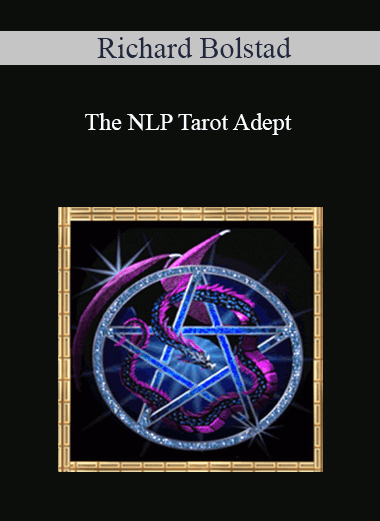
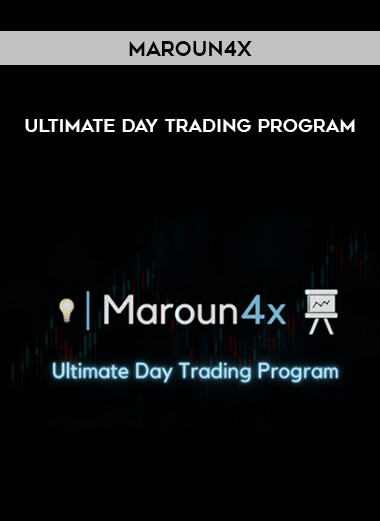


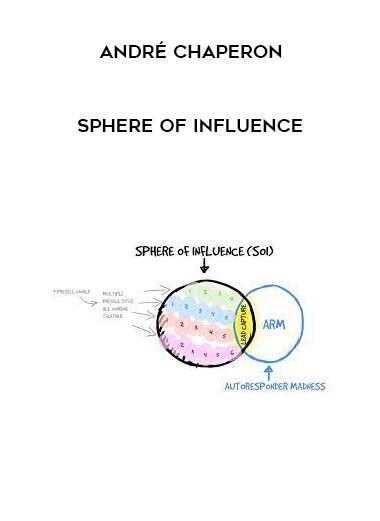
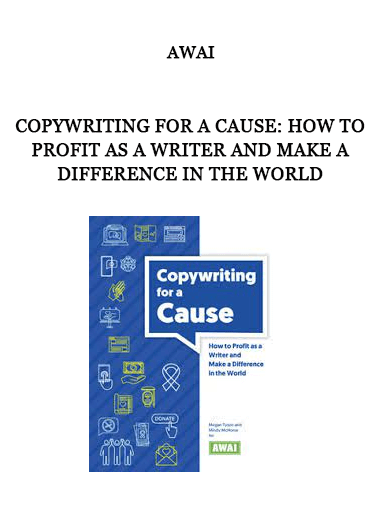


![Peter Titus - Create Your Own Automated Stock Trading Robot In EXCEL! [39 Video (MP4) + 2 Document (HTML)]](https://crablib.info/wp-content/uploads/2021/02/Peter-Titus-Create-Your-Own-Automated-Stock-Trading-Robot-In-EXCEL-39-Video-MP4-2-Document-HTML.jpg)


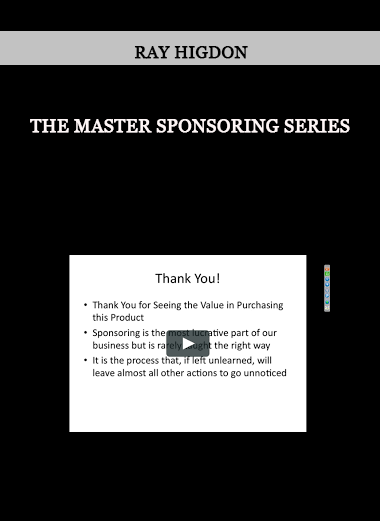



















Reviews
There are no reviews yet.